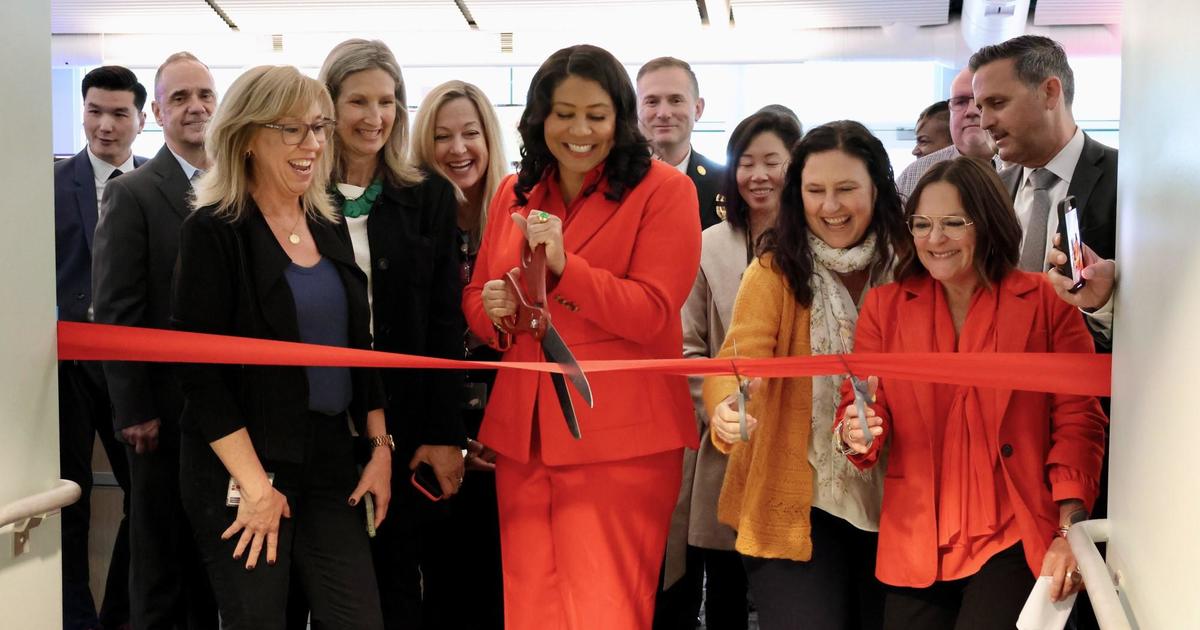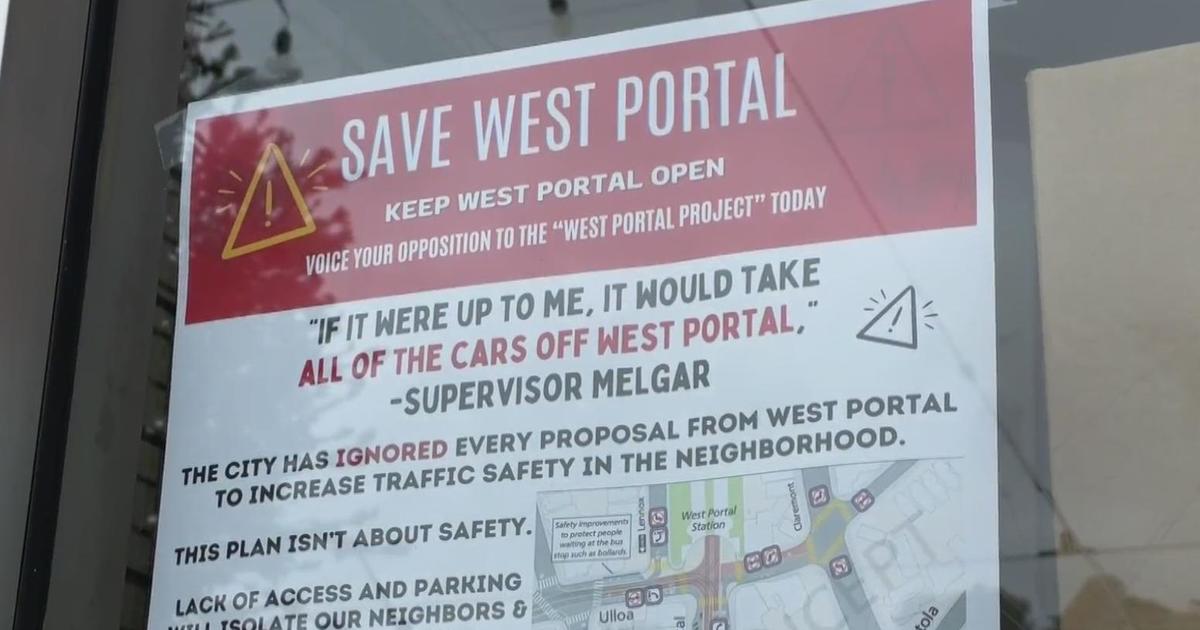SF Supervisor Campos Rallies For Development Moratorium In Mission District
SAN FRANCISCO (CBS SF) -- San Francisco Supervisor David Campos and proponents of Proposition I, which aims to suspend market-rate development in the Mission District for 18 months, held a rally outside San Francisco City Hall Tuesday, just a week ahead of the Nov. 3 elections.
Proposition I, known as the Mission Moratorium, if passed, would require the city to stop issuing permits on certain types of housing and business development projects in the city's Mission District neighborhood for a year and a half, with the possibility of the Board of Supervisor's approving a one-year extension.
While the proposed moratorium is in place, the city would be required to develop a Neighborhood Stabilization Plan, which would propose legislation, programs, funding and zoning controls that would ensure at least 50 percent of all new housing in the neighborhood is affordable to low- to middle-income households and to the residents of the Mission District.
The stabilization plan would have to be developed by January 31, 2017.
The measure was put on the ballot in response to ongoing displacement of long-term residents, who are largely low-income and Hispanic.
Campos said Tuesday that it's not just Latino families being pushed out of the neighborhood.
"Artists are being pushed out of the Mission, teachers are being pushed out of the Mission," Campos said.
Proponents of Proposition I held signs today that read "No Mas Condo Lujosos" or "No More Luxury Condos" and told stories of friends and families who have been pushed out of the neighborhood and the city.
San Francisco's Mission District is roughly bounded to the west by Guerrero Street, to the south by Cesar Chavez Street, to the east by Potrero Avenue, and to the north by U.S. Route 101. Other neighborhoods would not be subject to suspension should the measure pass on Nov. 3.
The Mission Moratorium would not apply to permits being issued for housing developments in which all units are affordable to low- and middle-income households.
City Controller Ben Rosenfield said that the moratorium, if passed, would cause the city to see a short-term loss in tax revenue.
Rosenfield said there are roughly 24 development projects in the Mission area at various stages of the planning and permitting process, that include up to 1,220 units of housing within the area.
The Committee to Save the Mission, the San Francisco Labor Coalition and the Coalition for San Francisco neighborhoods maintains that the moratorium is needed as a result of an overbuilding of luxury housing that the average San Franciscan cannot afford.
Those groups say that luxury housing is displacing small business, artists, and long-time residents, especially the Mission's Latino population.
In June, following hours of emotional public comment, the San Francisco Board of Supervisors voted down similar Mission Moratorium legislation, introduced by Campos.
San Francisco supervisors Scott Wiener and Mark Farrell oppose Proposition I, saying that construction of affordable units will also be paused during the proposed moratorium, thus exacerbating the housing crisis.
The supervisors also said that under current city law, developers are forced to fund and build affordable housing, along with their market-rate developments, but that if market-rate housing stops being built, so too will private funding for affordable housing.
Farrell and Wiener, as well as Mayor Ed Lee, U.S. Senator Dianne Feinstein, Supervisor Katy Tang and Board of Equalization Member Fiona Ma argue that almost every new development in San Francisco is required to include affordable homes or else developers must contribute to affordable housing under Proposition K, passed in 2014.
Therefore, they maintain that the creation of new market-rate homes not only helps ease the housing crisis, but also funds the construction of affordable homes at no taxpayer expense.
The Residential Builders Association argues that workers in the construction industry who are building developments in the Mission, including many Mission residents, will lose their high-wage jobs if the moratorium passes.
In favor of the moratorium, the Cultural Action Network has said that the city's world famous culture is being driven out, along with its long-time residents.
© Copyright 2015 by CBS San Francisco and Bay City News Service. All rights reserved. This material may not be published, broadcast, rewritten or redistributed.



